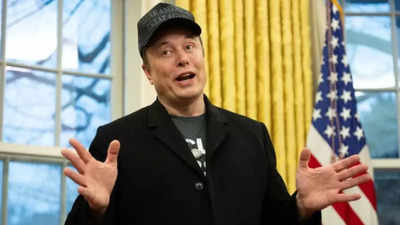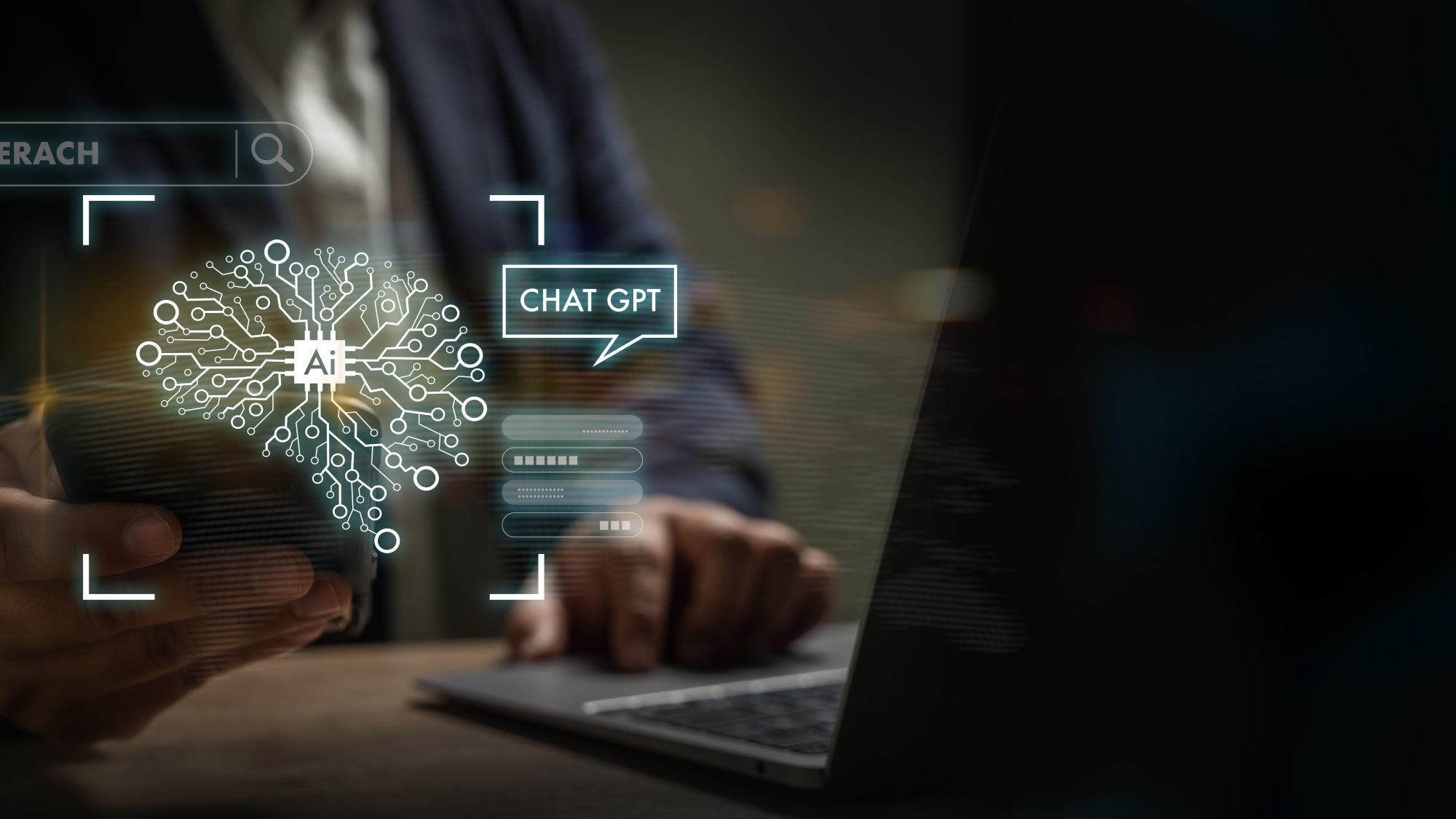Introduction
Leaders in the artificial intelligence community are pushing for global regulation to oversee the advancements in AI technologies. During a hearing on May 16, the head of ChatGPT expressed the potential risks associated with unregulated AI development.
The Rise of AI Artwork
What initially began as a trend of playful anime-style memes has now evolved into a significant debate surrounding AI, creative ownership, and ethical considerations. OpenAI recently unveiled its latest image generator as part of the GPT‑4o launch, capable of creating remarkably accurate stylized images. This tool has led to a surge of artwork reminiscent of Studio Ghibli, the renowned Japanese animation studio famous for films like "Spirited Away" and "My Neighbor Totoro."

Social media users eagerly embraced this feature, transforming selfies, memes, and even pet photos into charming Ghibli-inspired creations. While audiences have been delighted by these results, it has raised valid concerns regarding the ethics of training AI on copyrighted artistic styles without the consent of the original creators.
The Trend Unfolds
Following its release, users quickly discovered the capabilities of the image generator in replicating the distinct hand-drawn aesthetic of Hayao Miyazaki's films with exceptional accuracy. Various images, including pets and viral memes, were reimagined in the iconic Ghibli style, sparking a viral meme sensation.

Even OpenAI's CEO, Sam Altman, participated in the trend, reflecting on the unexpected nature of his involvement in this creative wave. While OpenAI has endorsed the trend, it has also acknowledged the contentious nature of the situation.
Lingering Concerns
Despite encouraging user creativity, OpenAI has implemented precautions to avoid generating images resembling the style of living artists while permitting broader studio styles for original fan creations. Studio Ghibli has remained silent on the meme trend, refraining from public comments on the matter.
Legal and Ethical Implications
Legal experts emphasize the importance of understanding whether OpenAI's model was trained on copyrighted Ghibli works and if proper licensing agreements were in place. The debate extends beyond artistic preference, with discussions revolving around protecting the originality and rights of artists.

As the AI landscape continues to evolve, questions arise regarding the ethical replication of iconic aesthetics, the impact of AI-generated fan art on traditional artists, and the distribution of compensation in cases where beloved creative styles are mimicked for commercial gain.
Conclusion
The Ghibli-style meme phenomenon highlights broader legal and cultural implications surrounding AI advancements and creative ownership. As copyright lawsuits unfold, including those involving OpenAI and Microsoft, the success of trends like these serves as a litmus test for the boundaries of legality and ethics in the realm of generative AI.




















